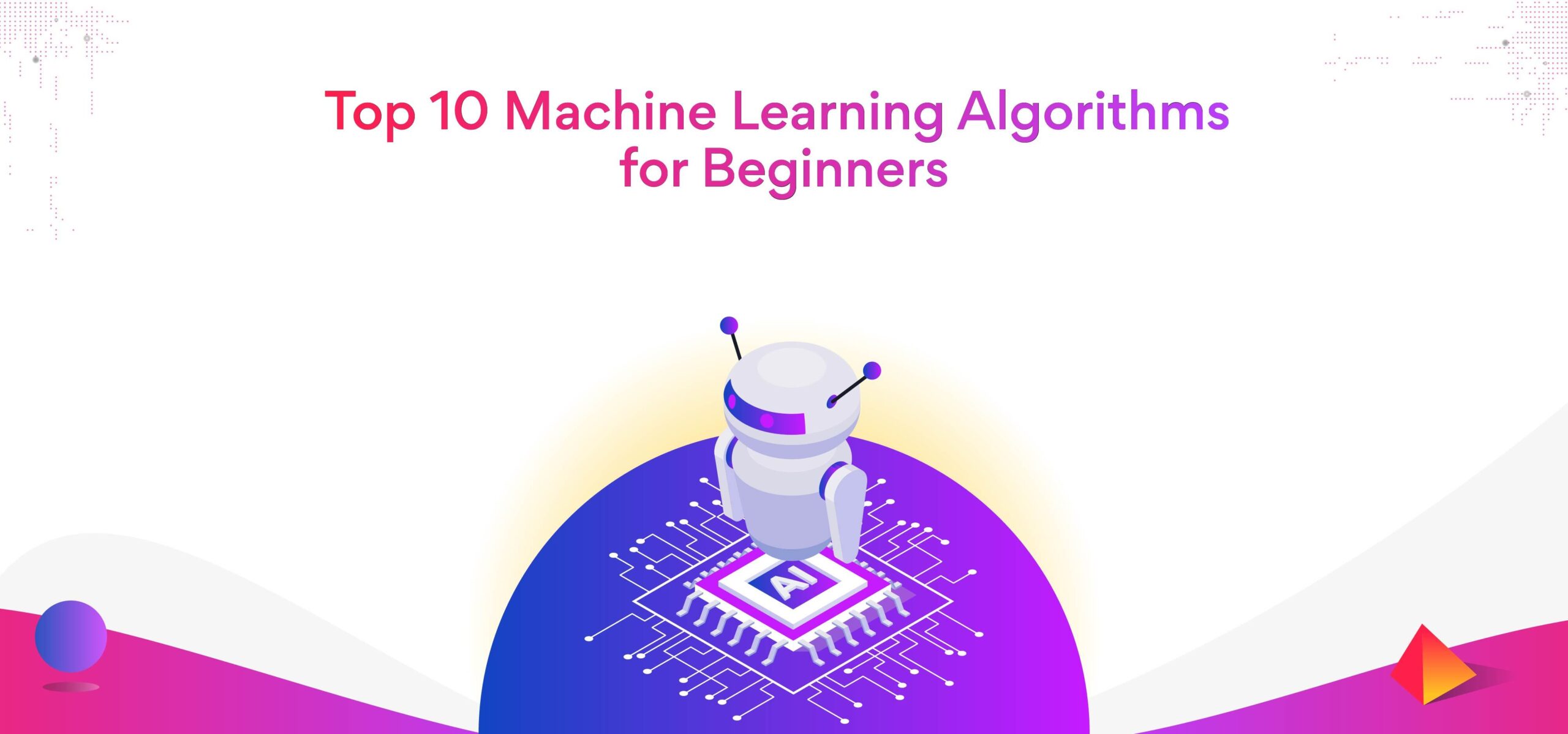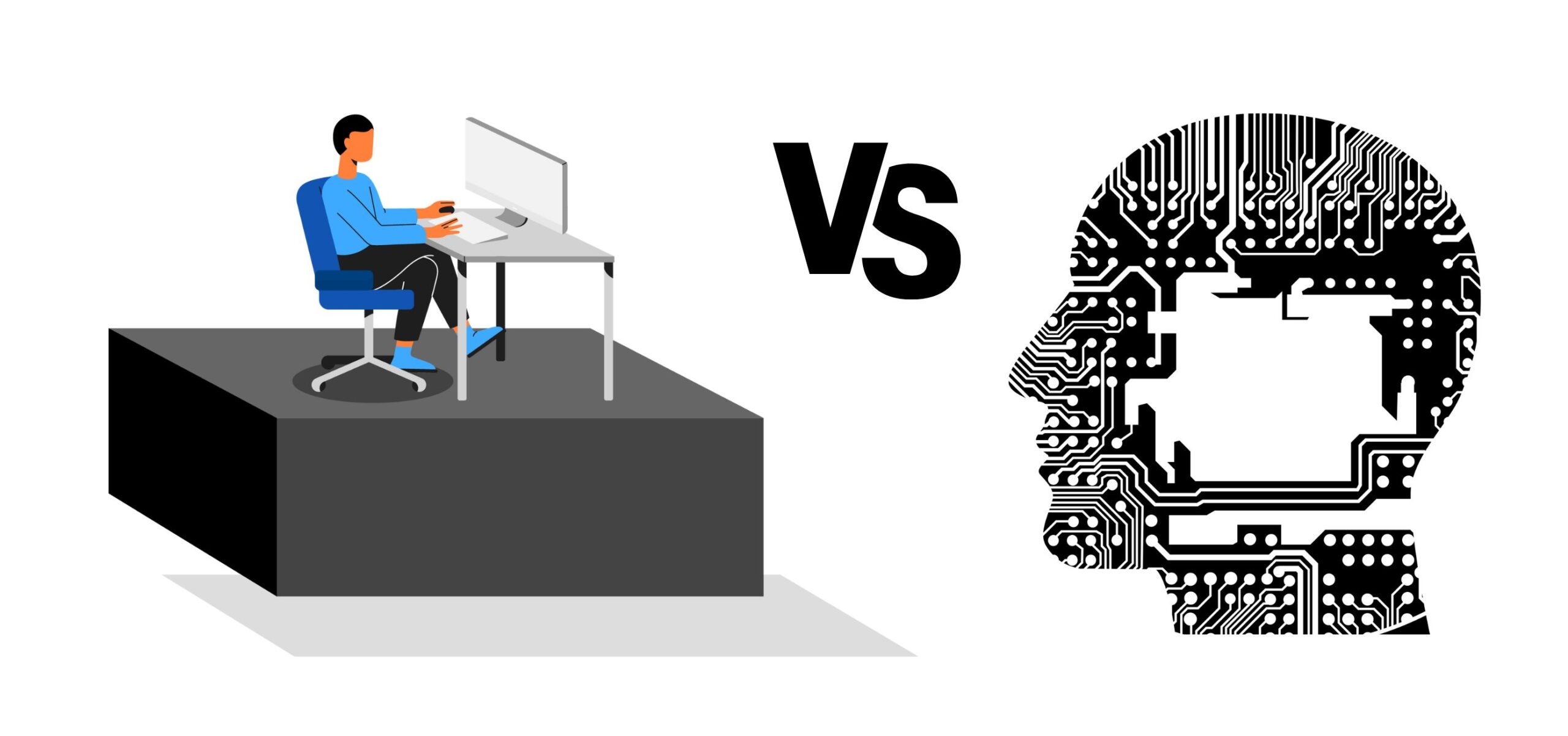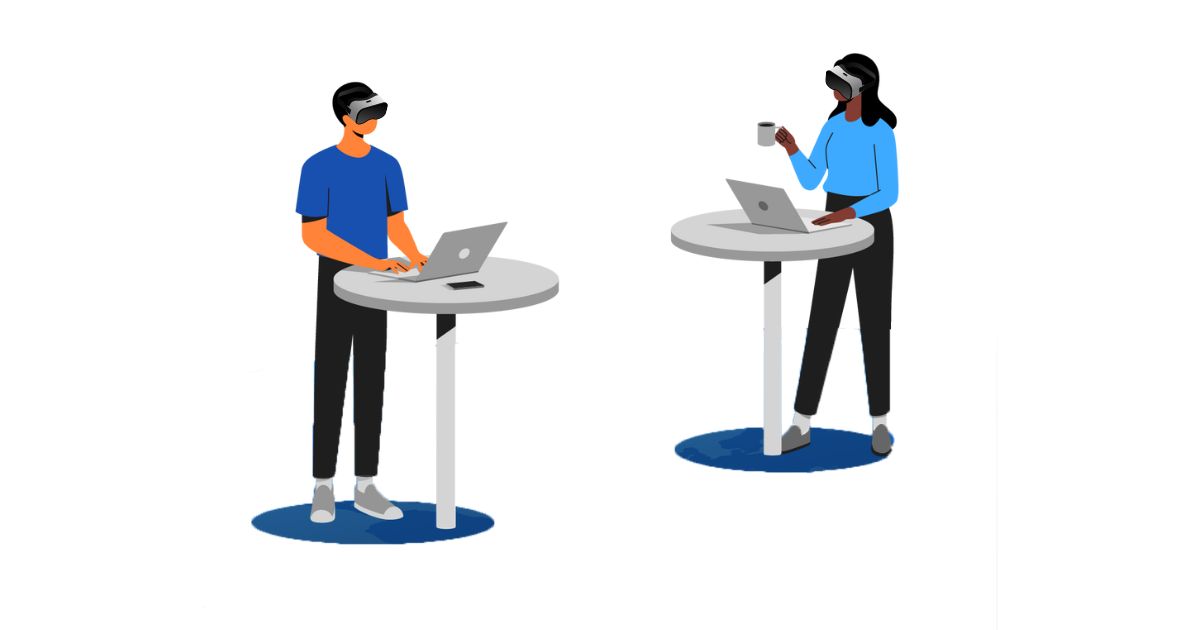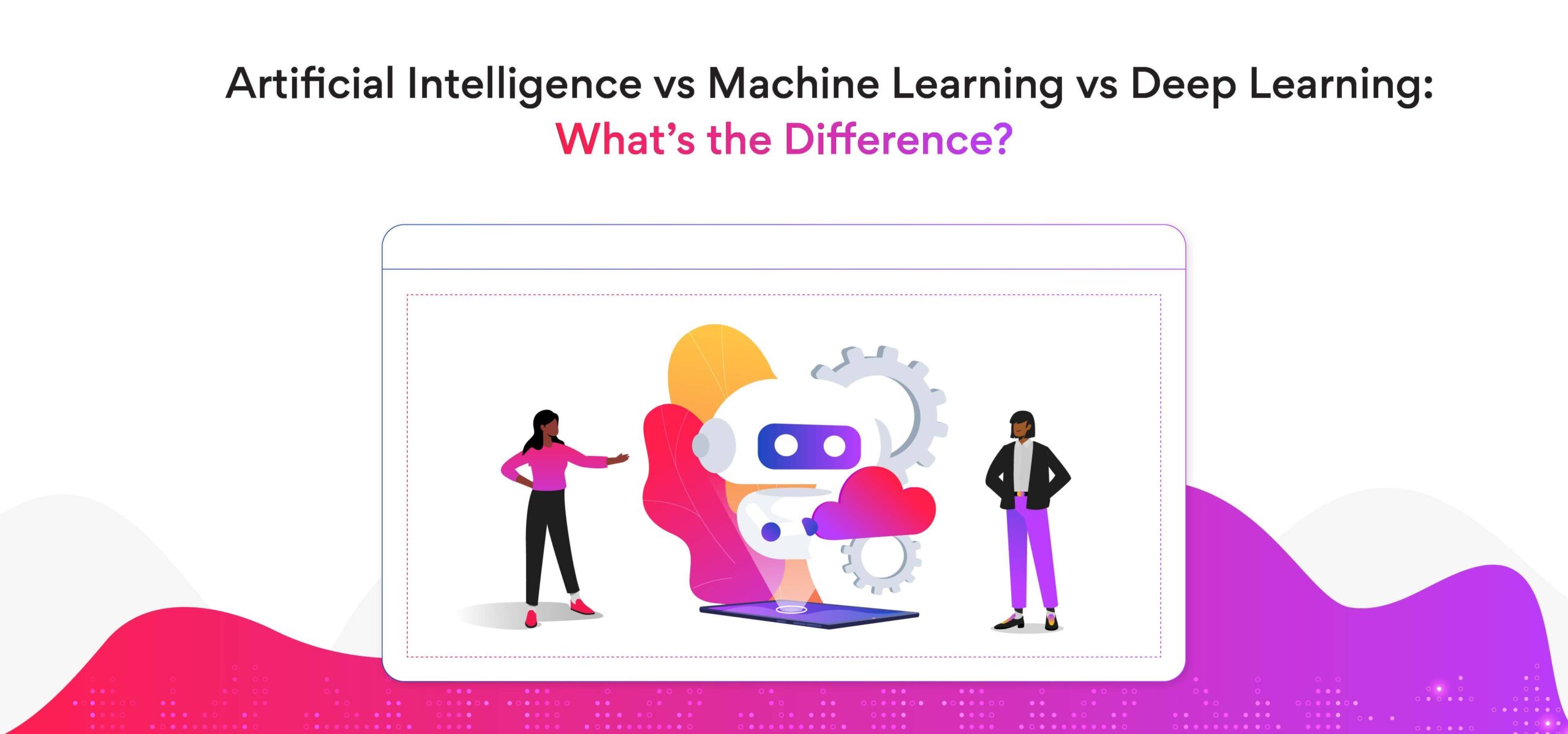LLM Crystal Ball: Future of LLM Development
Over the last few years, large language models (LLMs) have become one of the most promising trends in the tech world. Even though in the past their use has been a matter of concern, the future prospects of LLMs are more than exciting. Since November 2022, the month in which ChatGPT (probably the most renowned LLM in AI), was launched, there have been various updates and enhancements to LLMs that make them the most significant tech development of the last decade.
What is a Large Language Model? In simple words, it is an artificial intelligence algorithm that uses massive data sets and different learning techniques in order to achieve general-purpose language understanding and also the generation of a new language.
5 current limitations of LLM
As with any other new development in the tech industry, LLMs still have some limitations that might compromise their use that still need some refining. Here are five issues that currently limit LLMs:
- Lack of real understanding: LLMs may need help with reasoning, logic, and understanding context. They might provide answers that are technically correct but lack real-world common sense. Also, LLMs generate information but lack the ability to verify the accuracy or truthfulness of the content, leading them to possibly generate misinformation or respond to factually incorrect queries.
- Ambiguity: LLMs might struggle to differentiate ambiguous queries, often providing contextually inaccurate information.
- Prone to bias: If LLMs are trained on datasets that contain biases, they will replicate them in their responses and perpetuate prejudices.
- Difficulty in handling dynamic information: LLMs may struggle to handle rapidly changing or dynamic information, as they are trained on static datasets. This limitation can affect their ability to provide up-to-date or contextually relevant information.
- Unethical use: LLMs can be used for unethical purposes, such as generating malicious content, deepfake text, or automated spam. Consequently, ensuring responsible use and preventing misuse are ongoing challenges with LLMs.
Future of LLM development: Areas of evolution
Despite these limitations, the evolution of LLM in the tech world has been continuous and astounding, opening up thrilling possibilities across various domains. So, the inevitable question is, what’s next? What’s the scope of LLMs? Future development in this field is likely to focus on several key areas:
- Fine-tuning and specialization: LLMs are being tailored for specific industries or professions, such as legal, medical, and engineering. Current LLM development is focusing on techniques to fine-tune models to obtain better performance on niche tasks.
- Multimodal capabilities: Development continues to improve the integration and understanding of multiple modalities, including text, images, audio, and potentially other sensory inputs. Also, these capabilities would enhance the model’s ability to generate and comprehend information across different modalities.
- Bias mitigation and ethical AI: Bias and unethical use of LLMs are worrying issues. Strategies are being implemented to reduce biases in language generation and incorporate ethical considerations into the training and deployment of LLM.
- Customization: Currently, LLM use is generic and can lead to ambiguity and lack of context. In the near future, LLMs are expected to allow users to customize their preferences to suit individual choices. To achieve this goal, personalized learning methods are being developed to enhance the user experience and implement mechanisms for continuous learning to keep models up-to-date and relevant.
- Multilingual competence: LLMs are expected to expand their language support by including and polishing the use of more languages and dialects. This will make the use of LLMs more globally accessible and inclusive.
- Edge computing integration: Making LLMs more accessible by optimizing them for deployment on edge devices will reduce the dependency on cloud-based solutions and result in increased privacy and efficiency.
- Collaboration with other AI models: Integration with other AIs can enhance functionality and achieve a more comprehensive problem-solving technique.
- Robustness and security: By improving their robustness against adversarial attacks and misinformation and implementing security measures, LLMs can be better protected against potential malicious uses of the technology.
- Training methods: Developing more efficient training methods and model architectures will improve the performance of LLMs. Some of these methods include combining multiple models (ensemble learning); conducting systematic hyperparameter tuning to optimize the learning rate, batch size, and other parameters; and including different optimization algorithms to find the most suitable model for each specific task. Also, the incorporation of few-shot and zero-shot learning, which include training a model using few or null examples of a particular task, will broaden the applications for LLMs. (Currently, GPT-3 is capable of few-shot learning.)
Conclusion
The evolution of LLMs is not static—it’s a dynamic process marked by continual refinement and exploration. The impact of LLMs extends beyond mere language understanding and serves as a catalyst for a more interconnected and intelligent future. And this journey has just begun—the potential for discovery and innovation is boundless. With responsible development, ethical deployment, and continued research, LLMs are going to shape the way we interact with information, each other, and the world at large.
Furthermore, the acquisition of AI programming skills is not only advantageous but essential for developers to contribute meaningfully to the future of technology. A deep understanding of AI programming not only enables developers to navigate the diverse dimensions of AI technology responsibly but also preserves the human touch and critical thinking vital for responsible AI development.
Tell us the skills you need and we'll find the best developer for you in days, not weeks.











